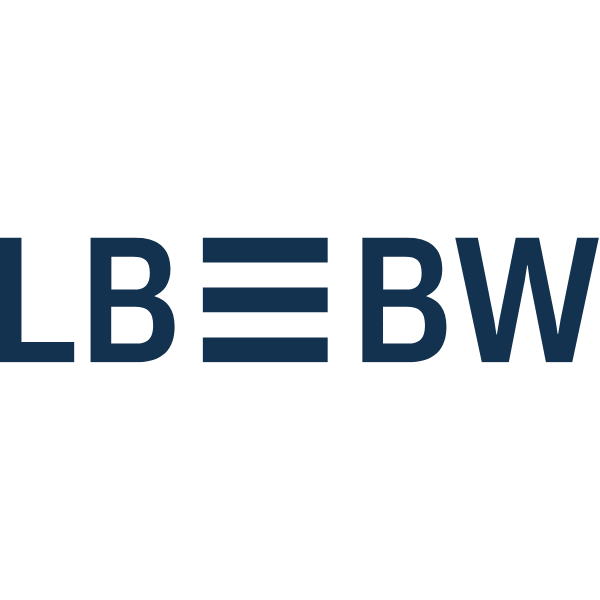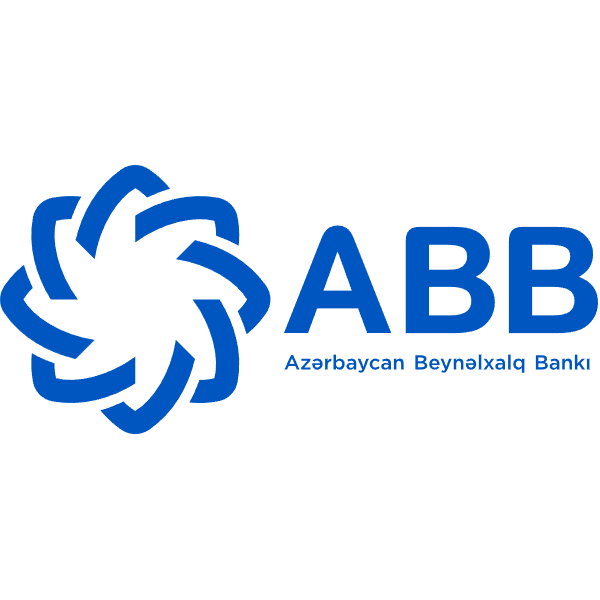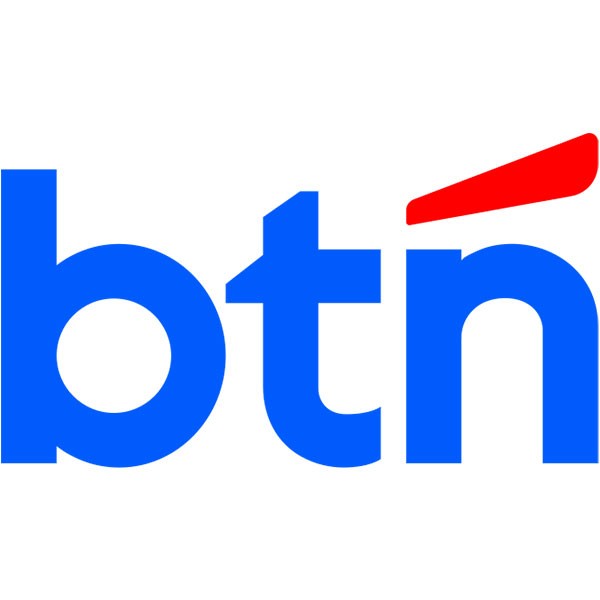name
and background
of the basic information of the bankfull name: Landesbank Baden-Württemberg
Founded: 1999 by the merger of the commercial banking businesses of SüdwestLB, Landesgirokasse and L-Bank.
Headquartered in Stuttgart, Germany, with major offices in Karlsruhe, Mainz and Mannheim.
Shareholder background: The main shareholders include the Baden-Württemberg state government (25%), the Stuttgart city government (19%), the Baden-Württemberg Savings Bank Association (41%), etc., which are unlisted and state-owned banks.
With
around 100 locations in Germany and more than 10,000 employees, LBBW operates in 17 financial centers in southern Germany and around the world, serving corporate clients, institutional investors and savings banks.
Regulation & ComplianceAs
a systemically important bank, LBBW is directly regulated by the European Central Bank (ECB) and follows the regulatory requirements of the German Federal Financial Supervisory Authority (BaFin) and the European Banking Authority (EBA).
key indicators
of financial healthcapital adequacy ratio (CET1): 14.6% at the end of 2023, Exceed regulatory requirements.
Non-Performing Loan Ratio (NPE): Maintained at a low level, showing good asset quality.
Liquidity Coverage Ratio (LCR): 150.5% by the end of 2023, well above the minimum requirement.
Net Stable Funding Ratio (NSFR): 109.7% as of the end of 2023, indicating a robust funding structure.
These indicators show that LBBW is at a healthy level in terms of capital adequacy, asset quality, and liquidity.
Deposit & Loan
ProductsDeposit ProductsThrough
its subsidiary, BW-Bank, LBBW offers a wide range of deposit products, including demand and time deposits, as well as specialty products such as certificates of deposit (CDs).
Loan
productsLBBW offers a wide range of loan products, including home loans, car loans, and personal lines of credit, with flexible repayment options to meet the needs of different customers.
list of common fees
According to the January 2025 service price list, the main costs of LBBW are as follows:
account management fee: € per month for basic accounts 4.90。
Paper transfer fee: €3.00 per transaction.
Counter deposit and withdrawal fee: €4.00 per transaction.
Account statement mailing fee: €1.00 per copy.
Other fees may apply to specific services, and customers are advised to inquire in detail before proceeding with the relevant business.
digital service experience
mobile banking app (BW Mobilbanking)
LBBW provides the BW Mobilbanking app that supports real-time transfers, account management and bill payments. User reviews show that the app has a simple interface and easy to use, but some users report crashes when starting.
LBBW Corporates Portal is
a portal provided by enterprise customers, equipped with the LBBW Token application, which implements two-factor authentication to ensure the security of transactions.
Technological
InnovationLBBW actively promotes digital transformation, provides e-banking solutions, supports open banking APIs, and improves customer experience.
customer service
quality service
channelLBBW offers a variety of service channels, including phone support, live chat, and social media, to ensure that customers receive timely responses across different platforms.
Complaint
HandlingLBBW values customer feedback and has a dedicated complaint handling mechanism in place to improve customer satisfaction.
Multi-language supportTo
meet the needs of international customers, LBBW provides multi-language services to ensure that customers with different language backgrounds can use its services smoothly.
security measuresSafety
of
fundsLBBW is a member of the German Deposit Protection Scheme, and customer deposits are protected.
Data
SecurityLBBW's Information Security Management System (ISMS) complies with the ISO 27001 standard and ensures the security and confidentiality of customer data.
Featured Services and Differentiated
Market Segment
ServicesLBBW provides special services for different customer groups, such as student accounts, wealth management products for the elderly, and green financial products to meet diverse needs through BW-Bank.
High Net Worth Client Services
provides private banking services to high net worth clients, providing customized financial solutions and professional wealth management advice.
Market Position &
AccoladesIndustry RankingLBBW
is one of the largest state banks in Germany and ranks among the top 10 German banks by asset size.
Awards & Accolades
ranked 2nd in the global export finance sector in 2024.
In 2022 and 2023, it won the "Best ESG Certificate Issuer" award consecutively.
Two accolades at the SRP Europe Awards in 2025.

















